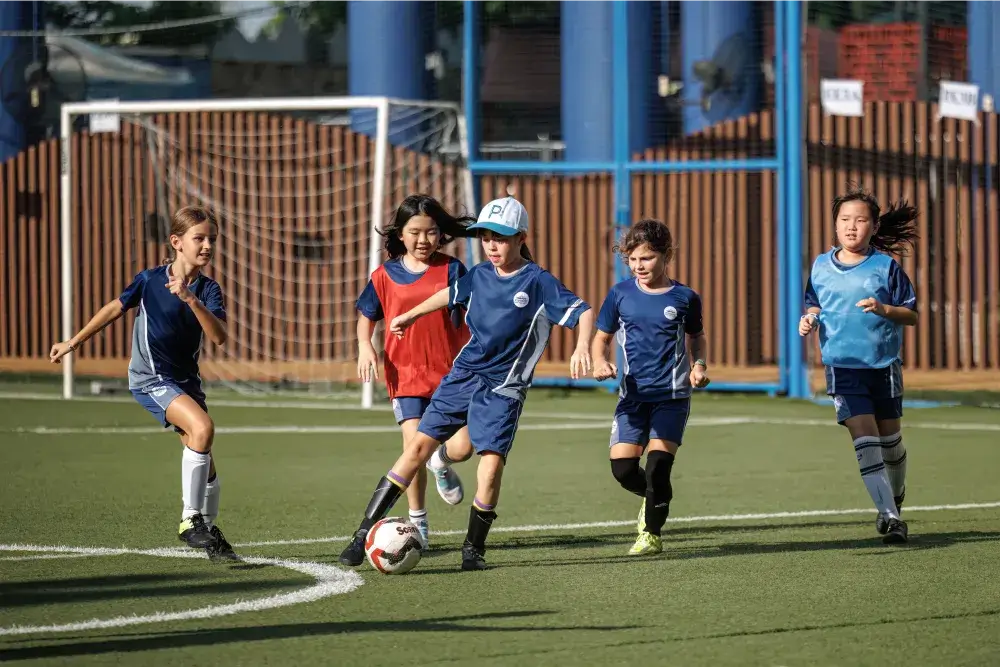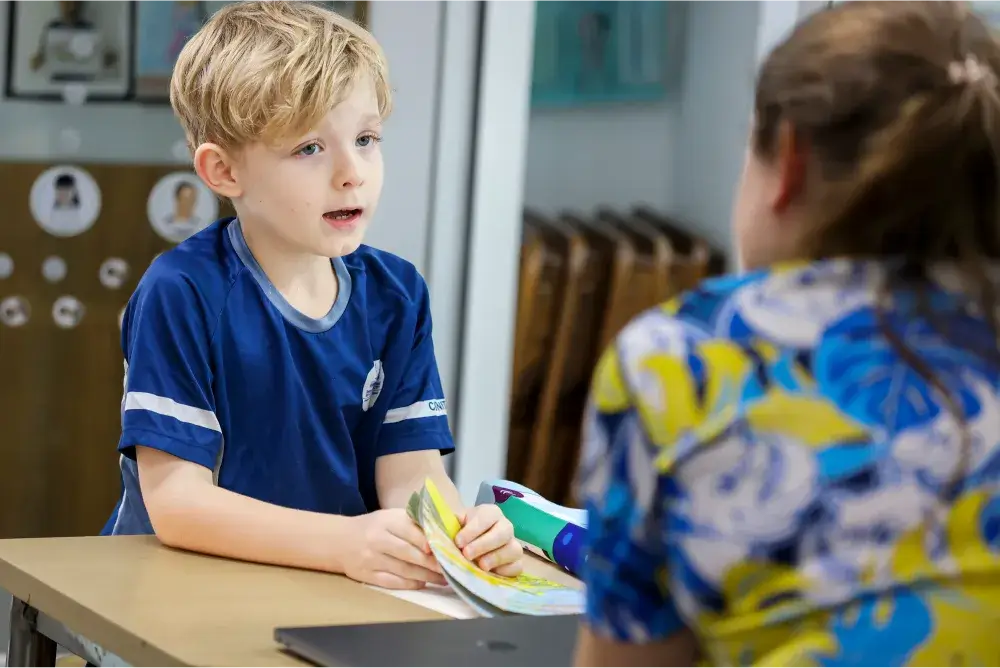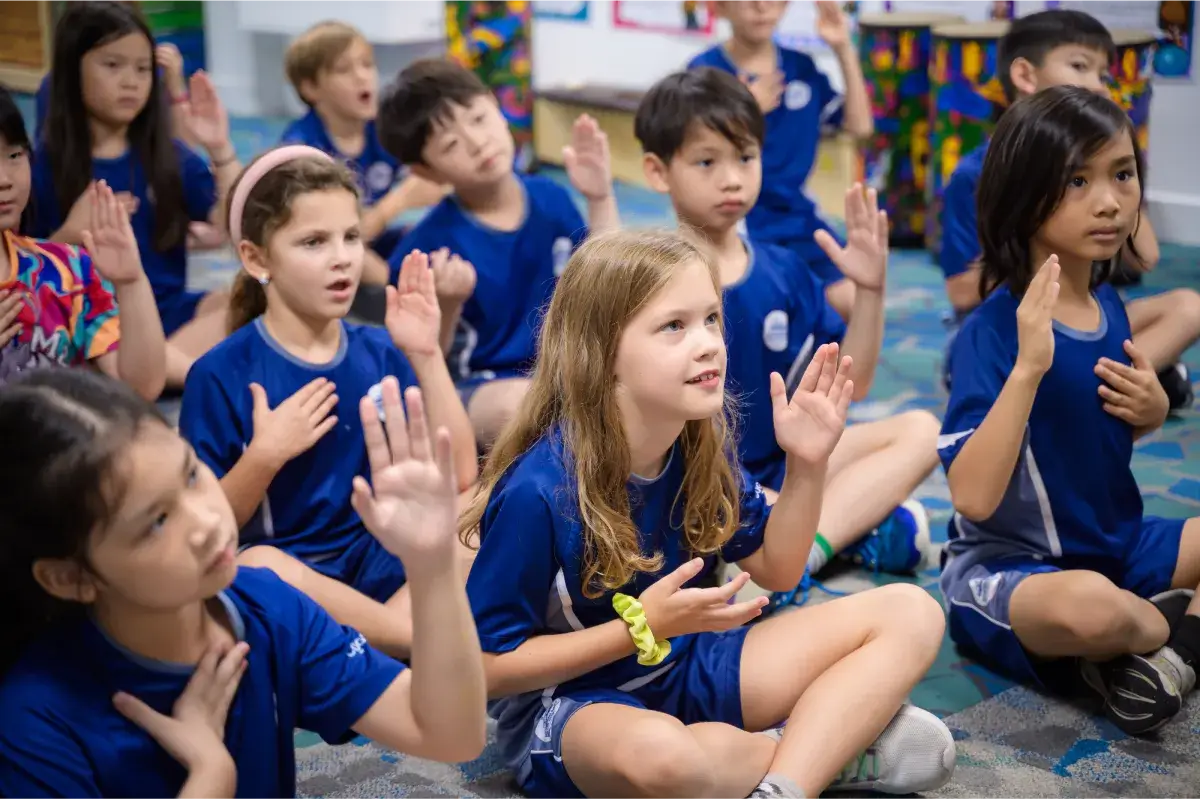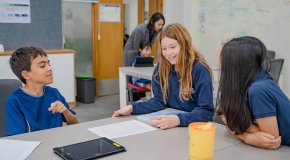How to Improve Conversation Skills for Student Success
In today’s connected world, effective conversation skills are a must, especially for students, which lay the foundation for future relationships and career success. Knowing how to improve conversation skills leads to better interactions with others and a rise in self-confidence. This article will guide a student in strengthening those skills, improving the academic and social experience.
Importance of Conversation Skills for Students
Developing conversation skills has a wide range of benefits. Students with effective communication skills have more confidence, better preparation in life, and a tendency to perform well in other fields of activity. Here are some of the critical roles that conversation skills provide for students:
- Better Relationships: Good conversation skills allow students to get along with friends, teachers, and family. Effective communication builds trust and understanding, which yields better relationships.
- Boosted Confidence: Engaging in conversations helps students gain confidence in their communication ability. More practical experiences grant them comfort in expressing their ideas and opinions.
- Improved Academic Performance: Students who are fluent in expressing themselves tend to perform better academically. They can participate in discussions more actively, ask questions, and seek clarification, which gives them a deeper understanding.
- Preparation for Future Success: From job interviews to collaborative projects, communicating well can guarantee a student’s success in their future career.
6 Ways to Improve Conversation Skills for Students
1. Practice Active Listening
Active listening goes beyond genuinely hearing the words, requiring listeners to focus their minds on understanding the speakers’ messages. During the conversation, students should maintain eye contact and nod to indicate listening and avoid interrupting other people’s talk. Active listening allows students to remember more information and builds trust in conversations when students show respect to the speaker.
It also enhances their responding skills thoughtfully, a significant ingredient in creating a meaningful relationship. By listening actively, they learn to grasp even slight cues and emotions associated with the speech, enabling them to communicate with empathy and patience.
2. Encourage Empathy
Empathy plays a very important role in any conversation, which helps students understand and handle other people’s points of view. Empathy can be encouraged by assisting students to consider how others may feel or think in different situations. For example, teachers may request the students to reflect on how the parties might have felt before holding any discussion.
Empathy promotes open-mindedness through which students will likely communicate well to avoid conflicts. Students who express empathy have a better approach to conflict resolution and, within groups, can arrive at a solution more jointly. Looking at events from another perspective improves interpersonal relationships by making others feel appreciated and respected.
3. Participate in After-School Activities
After-school activities provide excellent opportunities to perfect one’s conversational skills organically. Participation in clubs, sports teams, and social groups prompts students to interact regularly with peers from similar or different backgrounds. Along this process, students will learn how to express themselves, how to listen, and how to behave as a member of a team.

At ISHCMC, the school has a range of after-school activities that further enhance the students’ lives, including sports, the arts, and community service. In the process, students will develop better communication skills as they learn to express their interests.
4. Engage in Public Speaking and Debates
The public speaking and debating activities offer students valuable opportunities to put into practice the expression of ideas clearly and confidently. Such activities get them thinking, putting across their arguments, and interestingly presenting information. Speaking up before others may be daunting initially, but it’s an excellent method of establishing conversational skills.
Schools can facilitate this through debate clubs, speech competitions, and presentation opportunities. Through these experiences, students learn to articulate ideas without hesitation, respond to questions on the spot, and address different audiences.
5. Provide Constructive Feedback
Constructive feedback is one of the essential features of skill building in communication and other arts. While feedback might come automatically when the students interact with one another, it can also be given in areas like tone, clarity, or interest. The teachers and the parents can also provide constructive feedback in a gentle and actionable manner after an interaction or presentation.
For example, they may advise the student to speak slower, keep more eye contact, or ask more questions. Also, peer feedback in a non-judgmental setting is helpful because students more often understand where a classmate may be coming from. Students learn to receive and give feedback, developing a growth mindset whereby students believe that improvement is always attainable.

6. Encourage Students to Voice Their Opinions
This will provide students with ample opportunities for discussion and valuable contributions when they feel free to express themselves. Therefore, facilitating students to voice their ideas will make them more assertive and encourage critical thinking. Following this, teachers should establish discussions to encourage students to talk about their ongoing activity or issue of relevance. Through this frequent practice, students develop the habit of articulating any issue that comes to their minds, building helpful lifelong skills for their personal and professional lives. As a matter of fact, with the ability to enhance conversation skills, students will be at an advantage academically, socially, and professionally.
Ready to Improve Conversation Skills? Explore ISHCMC Programs!
These six strategies form a practical approach to enhancing students’ communication skills to equip them for future success better. At ISHCMC, we realize the importance of conversational skills in students’ personal and academic lives. Our programs nurture communication and allow students ample opportunities to practice and enhance these much-needed skills. The committed teachers and enriching programs help develop each student’s growth at ISHCMC.
Look to the Admission Page of ISHCMC for more information about the programs and support for your child’s growth.






